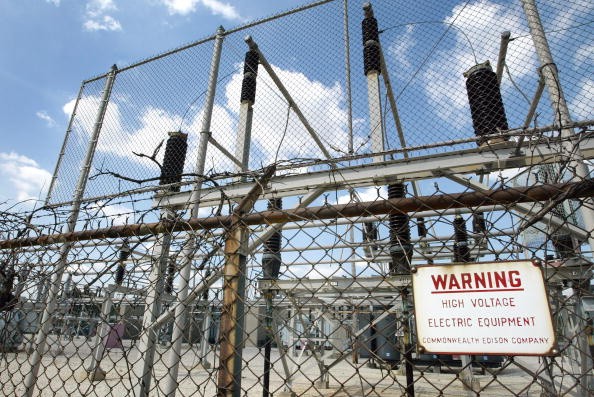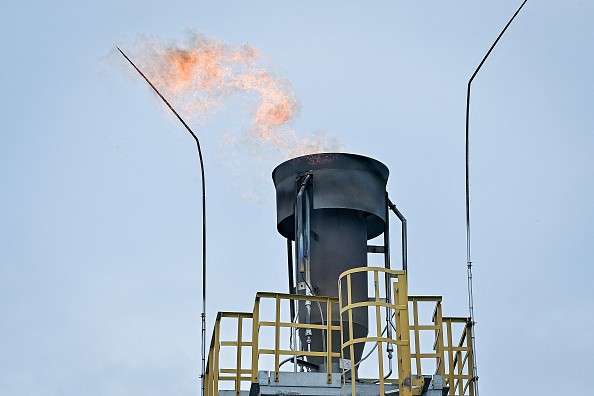High energy costs are wreaking havoc on European commodities producers and manufacturers, largely due to the Ukraine situation.

In the aftermath of Russia's war on Ukraine, Europe's industrial energy costs have risen, severely limiting manufacturers' capacity to compete in the global marketplace, with natural gas three times more expensive in Europe than in the United States.
Indeed, the situation has deteriorated to the point where energy-intensive businesses like steel, chemicals, and fertilizer manufacturers are closing their European plants due to rising oil and gas prices and growing fears that Russia would cut off its supply.
Managing the Situation
Europe has been prepared for a situation in which Russia abruptly shuts off the gas taps, with Finland, Bulgaria, and Poland having previously experienced this after state-owned business Gazprom PJSC cut off their supply of Russian gas. Europe is largely reliant on cheap Russian oil and natural gas. According to EU figures, Russia supplied 40% of the European Union's natural gas last year.
According to the Wall Street Journal, several manufacturers are closing their doors due to competition from industries in the United States, the Middle East, and other places with cheaper energy prices than Europe. To make matters worse, Europe's consumers are unlikely to take up the slack, as their spending power is already drained by soaring inflation.
Russia-Ukraine Crisis

Because of the Ukraine scenario, high energy costs are causing havoc on European commodity producers and manufacturers. Europe's industrial energy prices have surged in the aftermath of Russia's war on Ukraine, severely hampering manufacturers' ability to compete in the global marketplace, with natural gas three times more expensive in Europe than in the United States.
Indeed, the situation has deteriorated to the point that energy-intensive industries such as steel, chemicals, and fertilizer manufacturing are shutting down operations across Europe due to rising oil and gas costs and growing worries that Russia would cut off its supplies.
As a result, standalone facilities lacking a fully integrated refining system and fast access to economical feedstocks have been compelled to limit runs starting in the third quarter of 2021 due to rising production costs.
Asia Expanding Capacity
According to Bloomberg, when Asia's steam cracking capacity expanded by 20% last year, several of Asia's largest makers of the building blocks used to make plastic were compelled to reduce processing speeds.
Steam crackers convert naphtha and LPG into ethylene and propylene, which are the primary components of plastics. Meanwhile, a large increase in natural gas costs and a tremendous expansion of petrochemical capacity in Asia, driven by China, aren't helping matters.
The shale boom resulted in an overflow of inexpensive oil and natural gas, feedstocks, and fuels for the production of plastics. Even as the world grew weary of its involvement in environmental degradation and investors began to give it a wide berth, the fossil fuel industry shifted significantly into the petrochemical sector as a second cash cow.
Global Action
According to the American Chemistry Council, hundreds of new plastic manufacturing plants and expansions have been approved for construction. Over the next five years, global plastics output is expected to expand by a third, then quadruple over the following three decades.
However, the energy and health crises end such plans and optimistic forecasts.
PTT Global Chemical, based in Thailand, declared last year that it would postpone its proposal to indefinitely build a $10 billion ethane cracker plant in Ohio because of uncertainties surrounding the health problem. At the same time, Shell announced in March that it was canceling its Pennsylvania project.
Meanwhile, three years after committing, China's promises to spend $84 billion on plastic and energy in West Virginia have yet to materialize.
Related Article:
href="https://www.natureworldnews.com/articles/51309/20220610/largest-solar-farm-in-the-world-planned-to-be-built-in-the-philippines.htm">Largest Solar Farm in the World Planned to be Built in the Philippines
© 2026 NatureWorldNews.com All rights reserved. Do not reproduce without permission.





